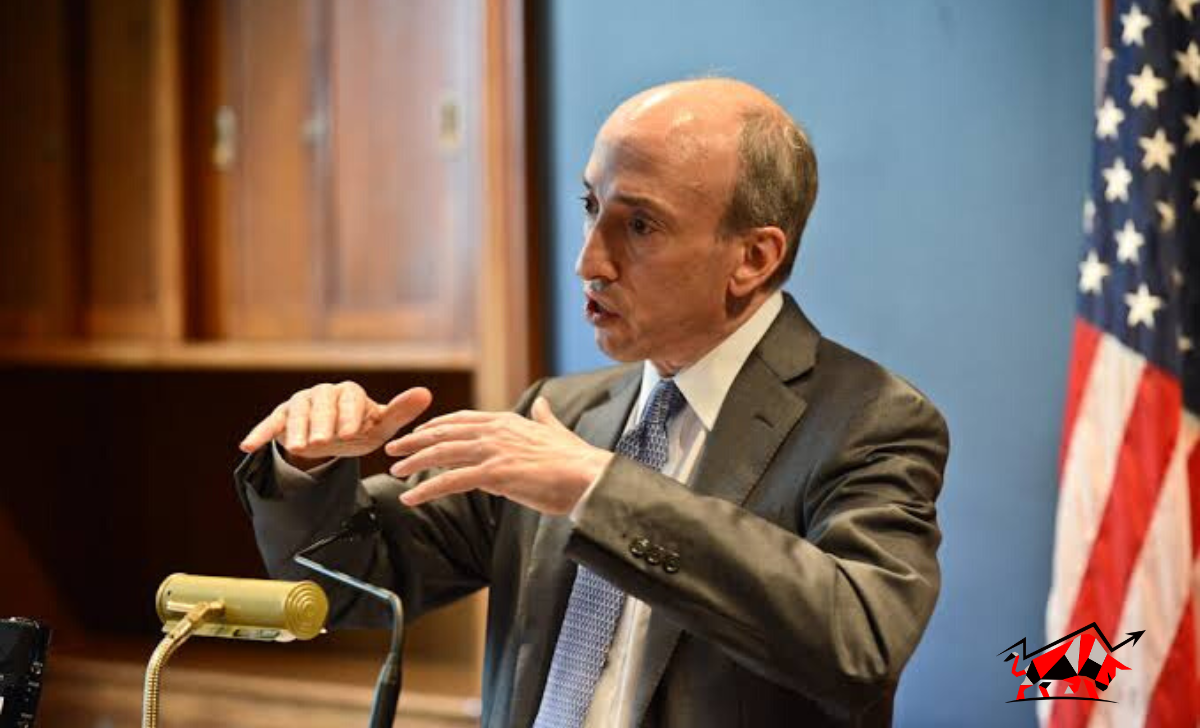During testimony before the House Financial Services Committee, SEC Chairman Gary Gensler stated that the agency will continue to require that local crypto platforms follow tight rules. Gensler also stated that he has never purchased any digital assets and considers them to be highly speculative.
On April 18, Gensler drew harsh criticism from House Republicans, who said the SEC’s actions had undermined America’s position as a hub for Bitcoin innovation. Patrick McHenry, Chairman of the Committee, warned that the SEC’s strategy was forcing innovation out of the nation and jeopardizing American competitiveness. He also argues that the government should not rely on “regulation by enforcement,” calling it weak and unsustainable.
Gensler refuted the claim that US crypto exchanges don’t understand how to follow the law. He believes that a clear regulatory framework was established many years ago, and that such platforms are “just a bunch of intermediaries in this market” who should follow the advice.
Regulatory uncertainty in the world’s largest economy has already proven to be a barrier for certain crypto companies. Brian Armstrong, CEO of Coinbase, has warned that his platform would migrate if domestic regulators do not enact appropriate industry regulations.
Gensler Claims He’s Not A HODLer
In addition, the SEC Chairman stated that he has never personally held bitcoin or any other cryptocurrency, and that his only digital assets are his “bank account” and “brokerage account.” Despite not being questioned, he described the asset class as “highly speculative.”
During his early months as Commission chief, Gensler was not particularly antagonistic to the industry. In the summer of 2021, he confessed his love for the market, noting that he had spent years studying it:
“While I’m neutral on the technology, even intrigued, I spend three years teaching it, leaning into it – I’m not neutral about investor protection. If somebody wants to speculate, that’s their choice, but we have a role as a nation to protect those investors against fraud.”


